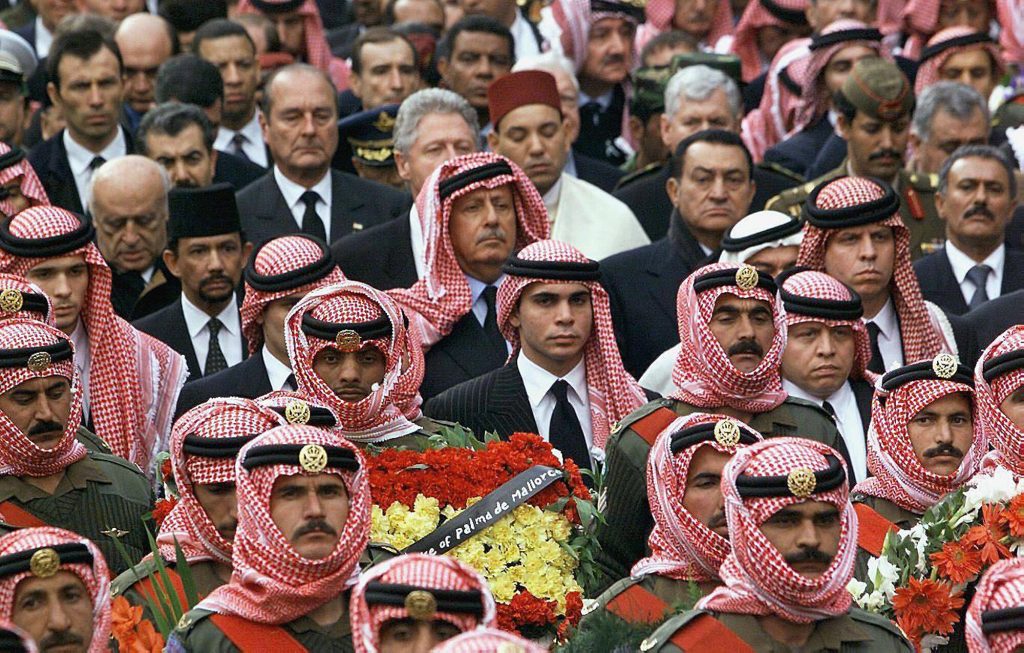Iran nuclear talks are entering a critical stage. Here’s what to look out for

There have been enough indications of progress from both sides to suggest that negotiations have entered a critical phase, but a number of issues remain unresolved. Those include the scope of sanctions relief for Iran, sequencing of events, verification mechanisms, Iran’s compliance process, Tehran’s demand for guarantees the US will stick to the deal, says Sanam Vakil, senior research fellow at London’s Chatham House think tank. The latest sign of progress came on Friday when the US restored sanctions waivers. The waivers, rescinded under former President Donald Trump, had allowed Russian, Chinese and European companies to carry out non-proliferation work to make it harder for Iranian nuclear sites to be used for weapons development. The State Department hopes the waiver restoration will help the talks in Vienna. Here are some issues to watch out for that may give an indication of how the talks will progress: “Maximum pressure” sanctions The term refers to sanctions imposed by the Trump administration that go beyond those imposed by the 2015 nuclear agreement, aimed at putting pressure on the Islamic Republic to renegotiate the pact after Trump abandoned it in 2018. Iran has said that it won’t accept a new deal that doesn’t remove Trump’s sanctions. Some of those sanctions, which were imposed over human rights and terrorism issues, may be harder to justify lifting, say Vakil and Michael Horowitz, head of intelligence at Le Beck International, a risk management consultancy in Bahrain. It may be in the US’ interest to keep those sanctions as continued leverage on Tehran, according to Horowitz. Face-to-face talks Despite Washington’s repeated calls for face-to-face talks, Iran has refused to sit at the table with American diplomats, opting instead to negotiate via intermediaries until the US offers a “good agreement.” But late last month, it indicated for the first time that it would be open to direct negotiations. If the two sides find themselves at the same table in future talks, consider it a significant development, but Horowitz says it may be too early for such a move given the domestic backlash in Iran at the suggestion last month. Fate of dual nationals held in Iran Four Iranian-Americans are imprisoned in the Islamic Republic, an issue the US says is being used by Tehran to strengthen its hand in negotiations. America had previously said that talks on the prisoners were separate from the nuclear negotiations, but US Special Envoy for Iran Rob Malley recently indicated that a new nuclear deal was unlikely to be reached without Iran releasing those prisoners. Guarantees of adherence to the pact Iran has insisted that it won’t return to a deal that can be abandoned once again, and has demanded guarantees that it won’t pull out in the future. Diplomats have rubbished the demand as unrealistic. “I don’t see how the US would commit to not walking back on the deal,” says Horowitz. “But there are, I think, some creative ways that the US and Europe, can [use to] reassure Iran.” For instance, the Europeans could work to mitigate the impact of a future US withdrawal, he says. “The US can curate a portfolio of transactional assurances that can help Iran sell the deal back home as being a sustainable and viable one,” says Vakil. Other top Middle East news Iraq cancels vote for new president after court postpones frontrunner’s nomination Most of Iraq’s parliament boycotted a session Monday to elect a new head of state, indefinitely postponing the vote. The boycott came after the Federal Court suspended the nomination of Hoshyar Zebari, a frontrunner for the presidency. Background: The court’s decision cited an unresolved case in relation to old corruption charges, which means Zebari doesn’t meet the “good reputation” requirement to be head of state. Why it matters: The decision was a blow to populist Shi’ite Muslim cleric Moqtada al-Sadr, who was the biggest winner in an October election. He had vowed to push through a government that would exclude Iranian allies. Sadr had supported Zebari’s bid. Once elected, the president will call on the largest parliamentary alliance to form a government.Tunisia’s power struggle escalates as president moves to sack judicial council Police closed the building housing the Supreme Judicial Council in Tunisia a day after the president moved to dissolve the country’s top legal body. The council has rejected the president’s move, saying it will continue to carry out its duties. Background: President Kais Saied has often expressed his disapproval over judicial delays on rulings in cases of corruption and terrorism. In July, he ousted the government and froze parliament’s activities before appointing a new prime minister. Why it matters: The president’s interventions have been seen as undermining the democratic gains of Tunisia’s 2011 revolution that ended autocratic rule and triggered the Arab Spring. China says Saudi crown prince missed opening ceremony due to scheduling issue Saudi Arabia’s Crown Prince Mohammed bin Salman didn’t attend the Beijing 2022 opening ceremony due to “his schedule,” China’s Ministry of Foreign Affairs said in a statement.Background: The crown prince was one of the highest-profile world leaders due at Friday’s event, which was overshadowed by boycotts by Western nations including the US, UK and Canada. Why it matters: In recent years China has built good relations with Middle East powerhouses such as Saudi Arabia, even helping manufacture ballistic missiles for the kingdom. If the prince had attended the ceremony, it would have signaled deepening ties between the two countries. What we’re watching Forestation work is causing Bedouins in southern Israel to fear displacement from their homes in the Negev desert. Many live in fear that police could remove them without any warning, forcing them to join Israeli society and leave their nomadic lifestyle behind. Watch Hadas Gold’s report on a conflict over land rights.Around the region Crowds gather in northern Morocco on Monday to attend the funeral of five-year-old Rayan Aourram, who died after being trapped in a well for four days, in a tragedy that led to a global outpouring of sympathy.




